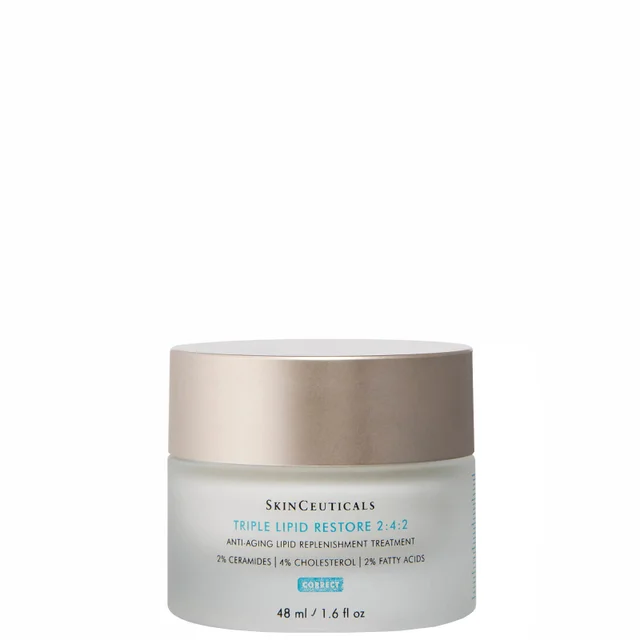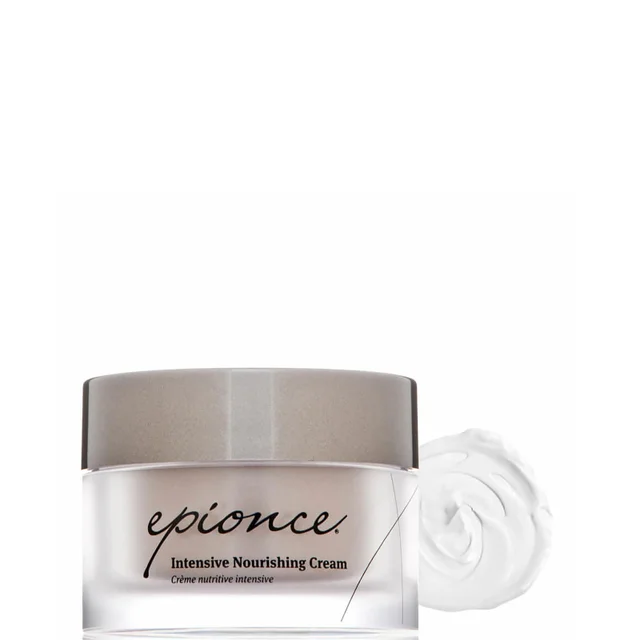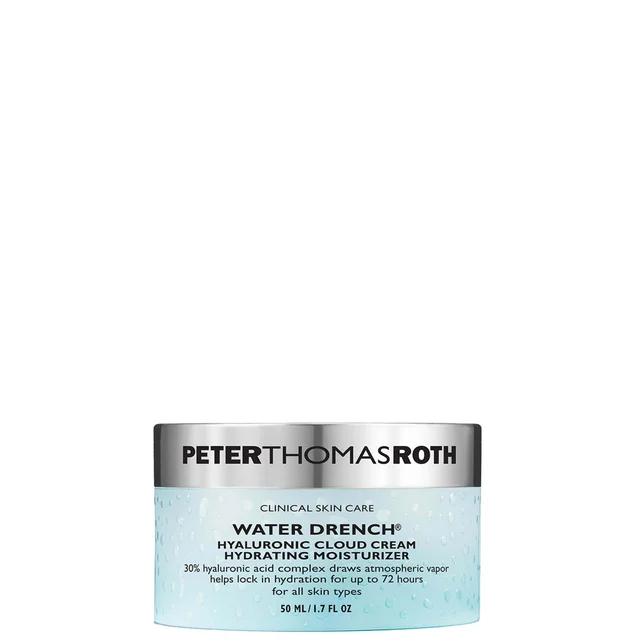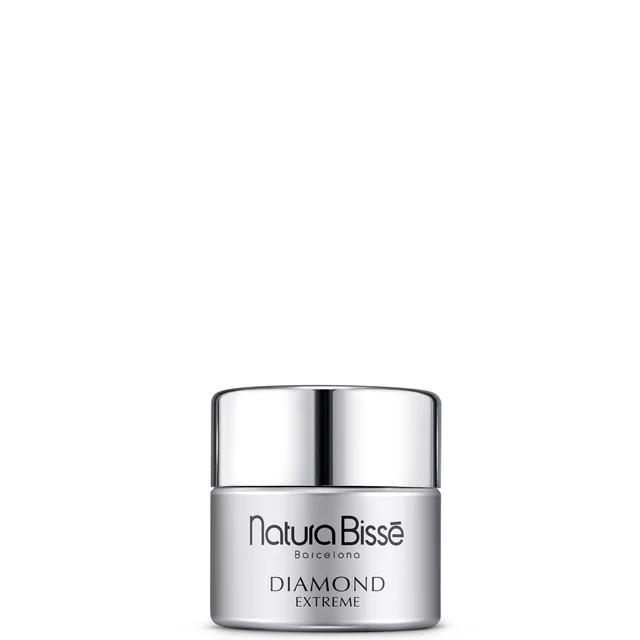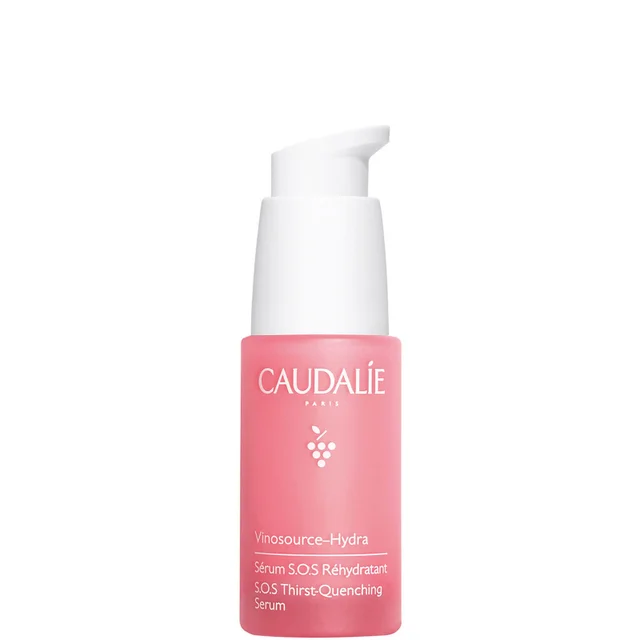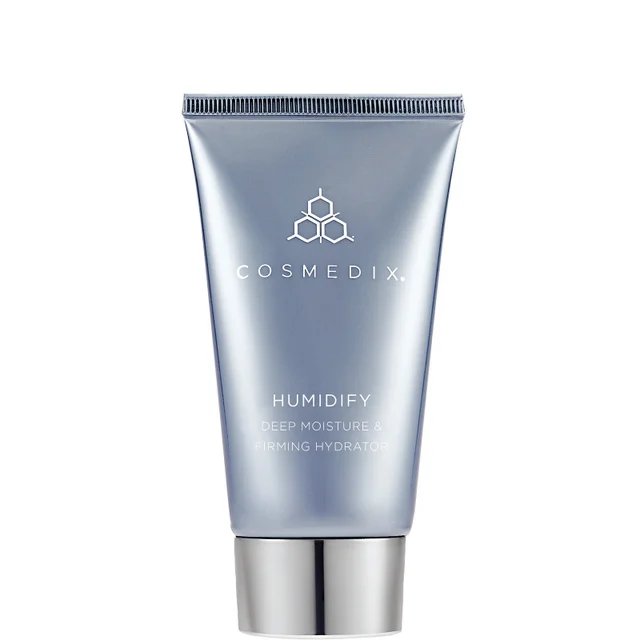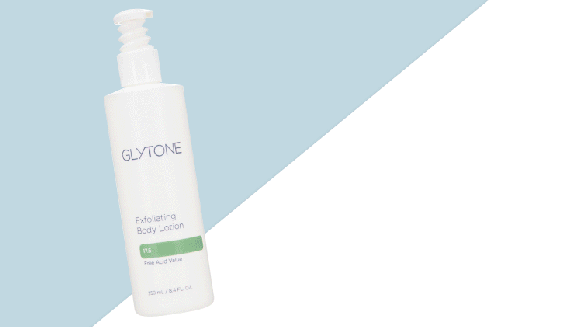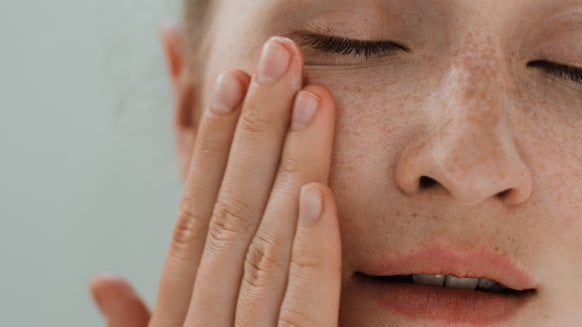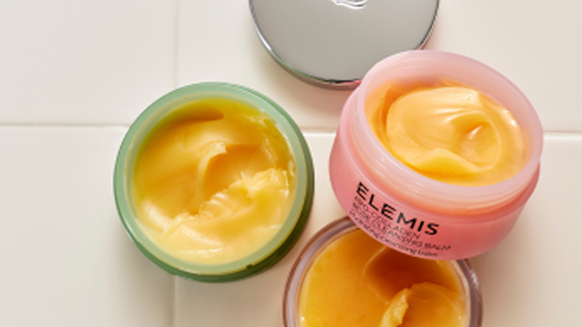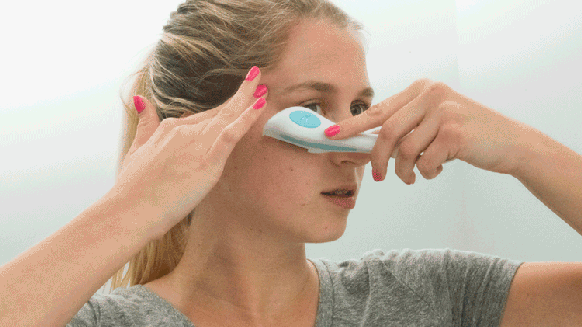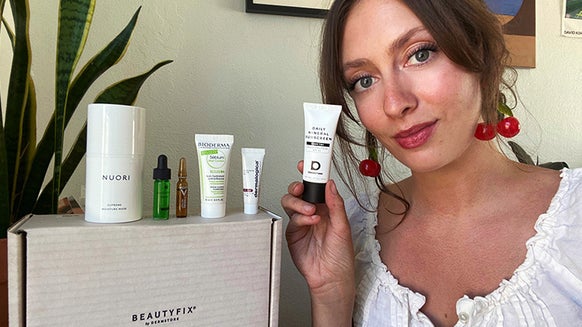Dry vs. Dehydrated Skin: What’s the Difference?
Most people know what it's like to have patches of skin that are red, irritated, itchy or scaly. But do you know enough to distinguish dry skin from dehydrated skin? The two conditions can exhibit some of the same symptoms, but there are several key differences you need to understand before treating the issue.
What Is Dry Skin?
Also known as xerosis, dry skin is a very common condition with a variety of causes. Aside from environmental and lifestyle factors, such as low humidity and frequent hand-washing, dry skin results from your sebaceous glands not producing enough oil to keep your skin hydrated. Symptoms of dry skin include flakiness, sensitivity, scales, itching and cracks. Dry skin may come and go, or it may be a chronic condition. In severe cases, it's associated with disorders such as eczema.
What Is Dehydrated Skin?
While dry skin is a common skin "type," dehydrated skin is a condition that can occur in anyone. Unlike dry skin, dehydrated skin typically does produce enough oil; however, it does not retain enough moisture. If your skin is dehydrated, it may feel tight and look papery. Dehydration is easiest to detect in areas of thin skin, which may show small, fine lines when creased or pinched together. Dehydrated skin has a number of causes, ranging from prescription medications to environmental factors like sun exposure.
Treating Dry Skin
Apply moisturizer several times a day to improve dry skin. To seal in as much moisture as possible, apply products after bathing or washing your hands. Dry skin can be sensitive, so steer clear of products that contain harsh soaps, gritty scrubs, citrus oils and lots of fragrance. It's also important to note, that not all alcohols in skin care are the same. Fatty alcohols—like cetyl and stearyl alcohol—aren't irritating and can even be beneficial to dry skin. Maintain an environment that circulates warm, moist air to help heal dry skin. For those in drier climate, consider using a humidifier in your home.
Treating Dehydrated Skin
Because dehydrated skin needs water rather than oil, use water-based skincare products. Mistaking dehydrated skin for dry skin and treating it as such can worsen the condition, increasing oil production and leading to further dehydration and irritation. Drink plenty of water and limit certain beverages such as coffee and alcohol when treating dehydrated skin.
This article has been reviewed by board-certified dermatologist Dr. Emmy Graber.

From the latest hair and makeup trends to the best solutions for your skin issues, we've got all your beauty concerns covered!
